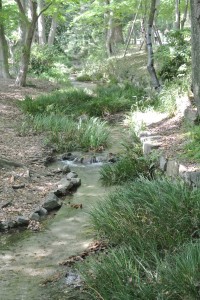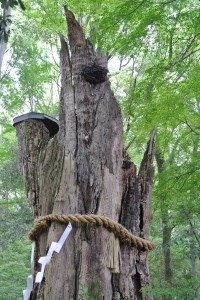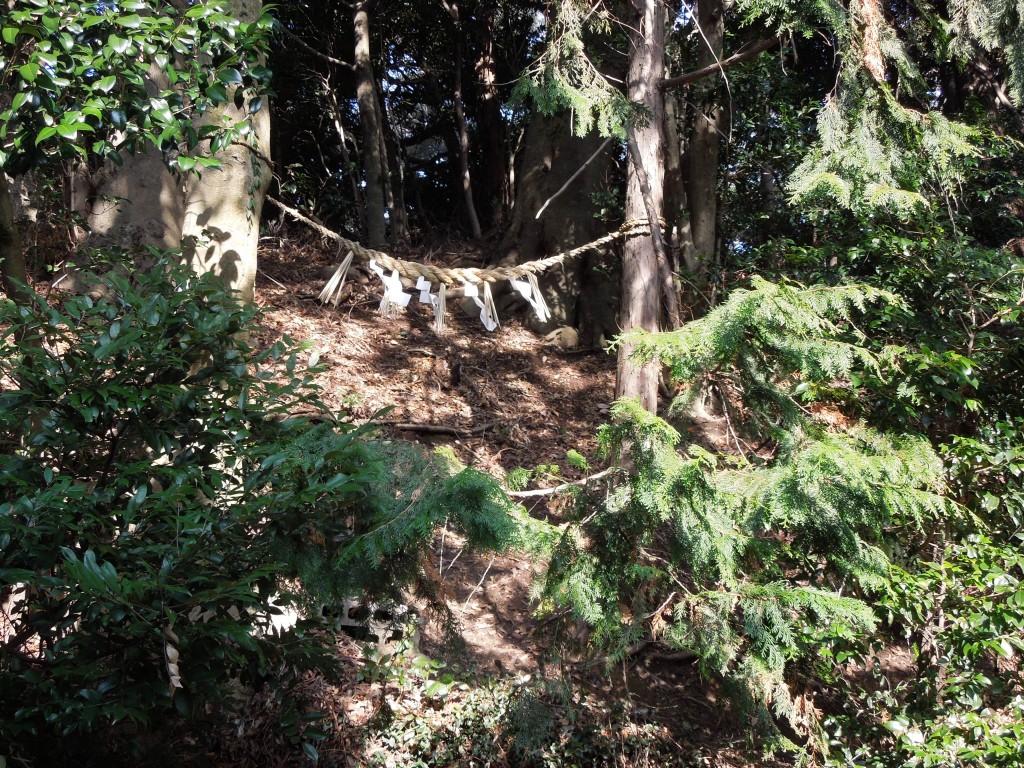 Alan Watts continues from beyond the grave to provide enlightenment to those who listen. The fortnightly podcast put out by the official Alan Watts site recently featured his wonderful talk on the illusion of self and the danger this presents in terms of the environment. Entitled ‘Not what should be, but what is,’ the talk can be found in various postings on youtube, or through this site with its useful compilation of Alan Watts talks…..
Alan Watts continues from beyond the grave to provide enlightenment to those who listen. The fortnightly podcast put out by the official Alan Watts site recently featured his wonderful talk on the illusion of self and the danger this presents in terms of the environment. Entitled ‘Not what should be, but what is,’ the talk can be found in various postings on youtube, or through this site with its useful compilation of Alan Watts talks…..
http://wn.com/alan_watts_not_what_should_be,_but_what_is
***************************************************************************

The woods at Shimogamo Shrine
In the passage below, Watts shows how the illusion of the ego is linked with environmental destruction. It’s highly pertinent to Shinto, which not only preaches kannagara (living in harmony with the kami and nature), but which was long allied with Buddhism and its teachings about the illusionary nature of the self.
There’s a concept called Daishizen (Great Nature), which Stuart Picken in his A-Z of Shinto describes as a term that goes beyond simply ‘nature’ but which has more of a cosmological nuance embracing stars and the natural order of the universe. Watts seems to be getting at much the same thing in the speech below, for which I’ve given a slightly truncated transcript.
****************************************************************************
Watts: “As a result of having a false sense of identity, we act in a way that is inappropriate to our environment, and when that inappropriate action is magnified by a very powerful technology, we swiftly begin to see the results of a profound discord between man and nature. As is well-known, we are now in the process of destroying our environment…
We have not realised that our environment is not something other than ourselves. In assuming that it is, we are making a great mistake and are now paying the price for it. But most people would agree with the lines of the poet, who said “I a stranger and afraid/ In a world I never made’ because we have a strong sensation that our own being inside our skin is extremely different from the world outside our skin. That while there may be intelligence inside human skins, and while there may be values and loving feelings, outside the skin is a world of mechanical process that does not give a damn about any individual and which is basically unintelligent…

Seeing a connection between humans and the environment
It should be obvious however that the human being goes with the rest of the universe, even though we say in popular speech ‘I came into this world’. Now it is not true that you came into this world. You came out of it, in the same way as a flower comes out of a plant or a fruit comes out of a tree. And as an apple tree ‘apples’, the solar system in which we live, and therefore the galaxy in which we live, and therefore the system of galaxies in which we live, that system ‘peoples’. If people are intelligent – and I suppose we have to grant that ‘if’ – the energy which people express must also be intelligent, because one does not gather figs from thistles or grapes from thorns.
But it does not occur to the ordinary person to regard himself or herself as an expression of the whole universe. It should be obvious that we cannot exist except in an environment of air, earth, water and solar temperature, that all these things go with us and are as important to us as our internal organs such as our heart, brain, stomach and so forth.
Now then if we cannot describe the behaviour of organisms without at the same time describing the behaviour of their environments, we should realise that we have a new entity of description. Not the individual organism alone, but what would now be called ‘a field of behaviour’ which we must call rather clumsily ‘the organism-environment’. You go with your environment in the same way as your head goes with the rest of your body.
[Yet] we don’t have the same sensation of belonging to an environment in the same way that we have a sensation of being an ego in a bag of skin, located mostly in the skull about halfway between the ears and a little way behind the eyes. And it issues in these disastrous results of the ego, which according to nineteenth-century common sense feels that it is a fluke in nature and that if it does not fight nature it will not be able to maintain its status as intelligent fluke.”

Humans as a part of, not apart from, the environment

Leave a Reply